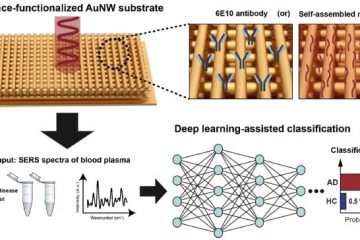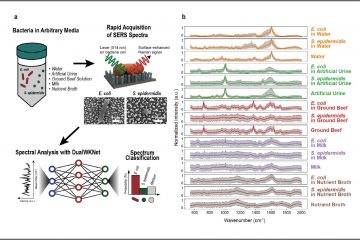Learning from human feedback using event related electroencephalography (EEG) signals has attracted
extensive attention recently owing to their intuitive communication ability by decoding user intentions. However, this approach
requires users to perform specified tasks and their success or failure. In addition, the amount of attention needed for decision making increases with the task difficulty, decreasing human feedback quality over time because of fatigue. Consequently,
this can reduce the interaction quality and can even cause interaction breakdowns. To overcome these limitations and
enable the interaction of robots with higher complexity tasks, we suggest a closed-loop control system that learns affective
responses to robot behaviors and provides natural feedback to optimize robot parameters for smoothing the next action.
Related publications
1. B H Kim, J H Kwak, M Kim, S Jo, Affect-driven Robot Behavior Learning System using EEG Signals for Less Negative Feelings and More Positive Outcomes, 2021 IEEE/RSJ International Conference on Intelligent Robots and Systems (IROS) [VIDEO]

